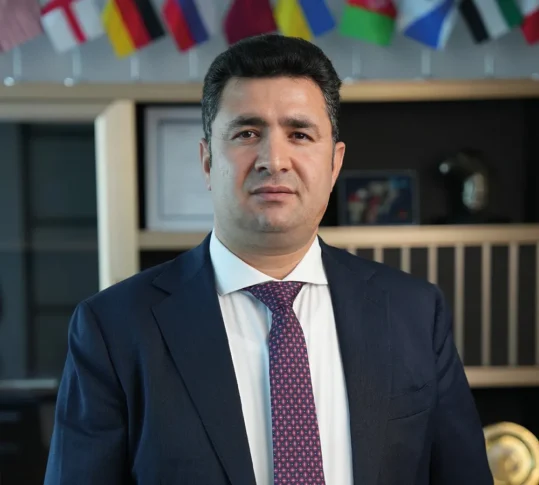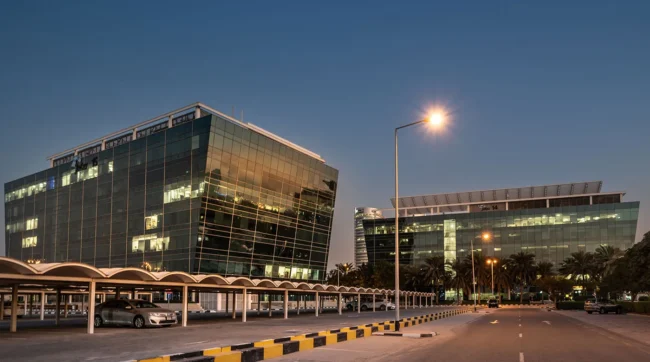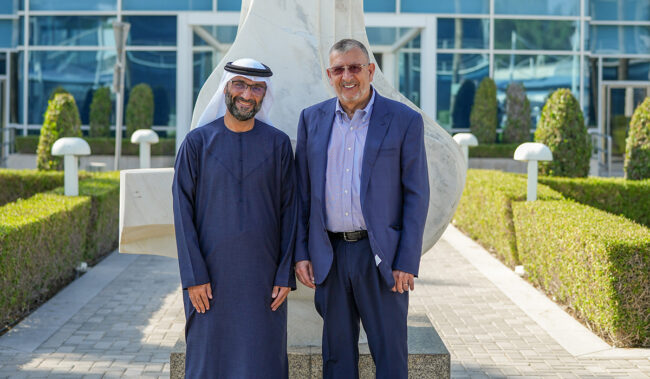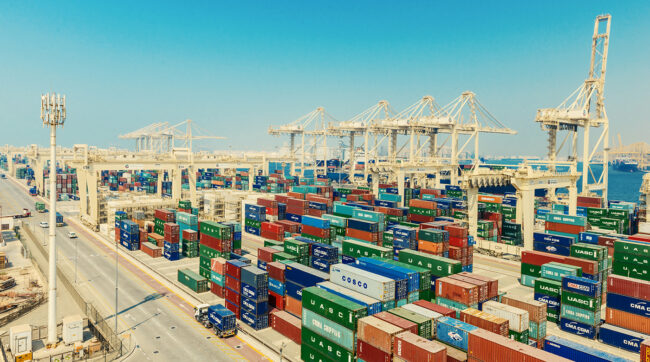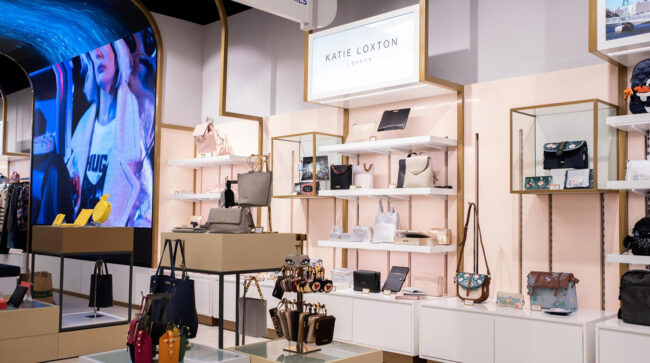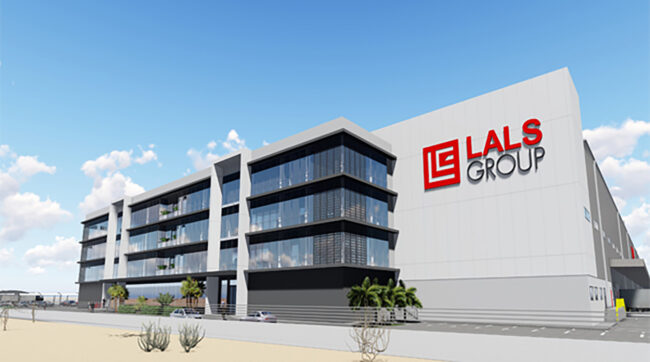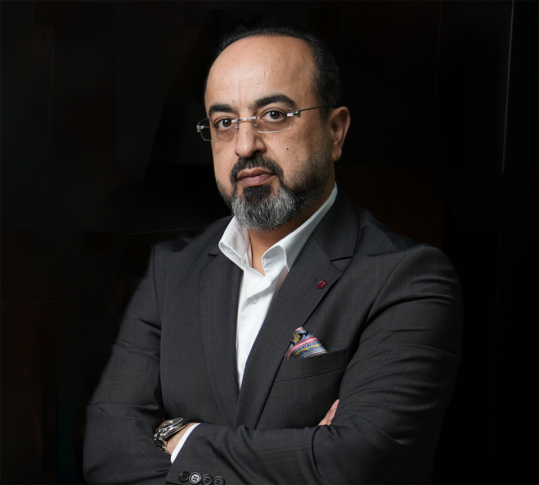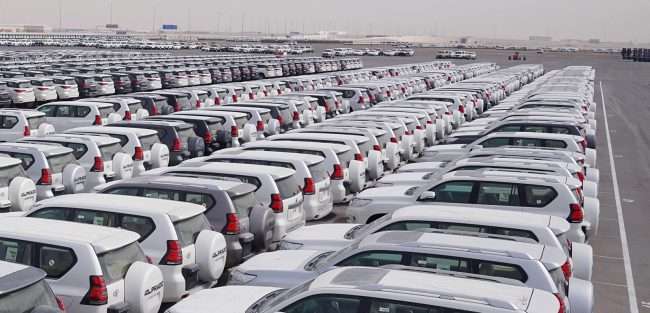
From Dubai to the World: How the Automotive Trade is Shifting Gears
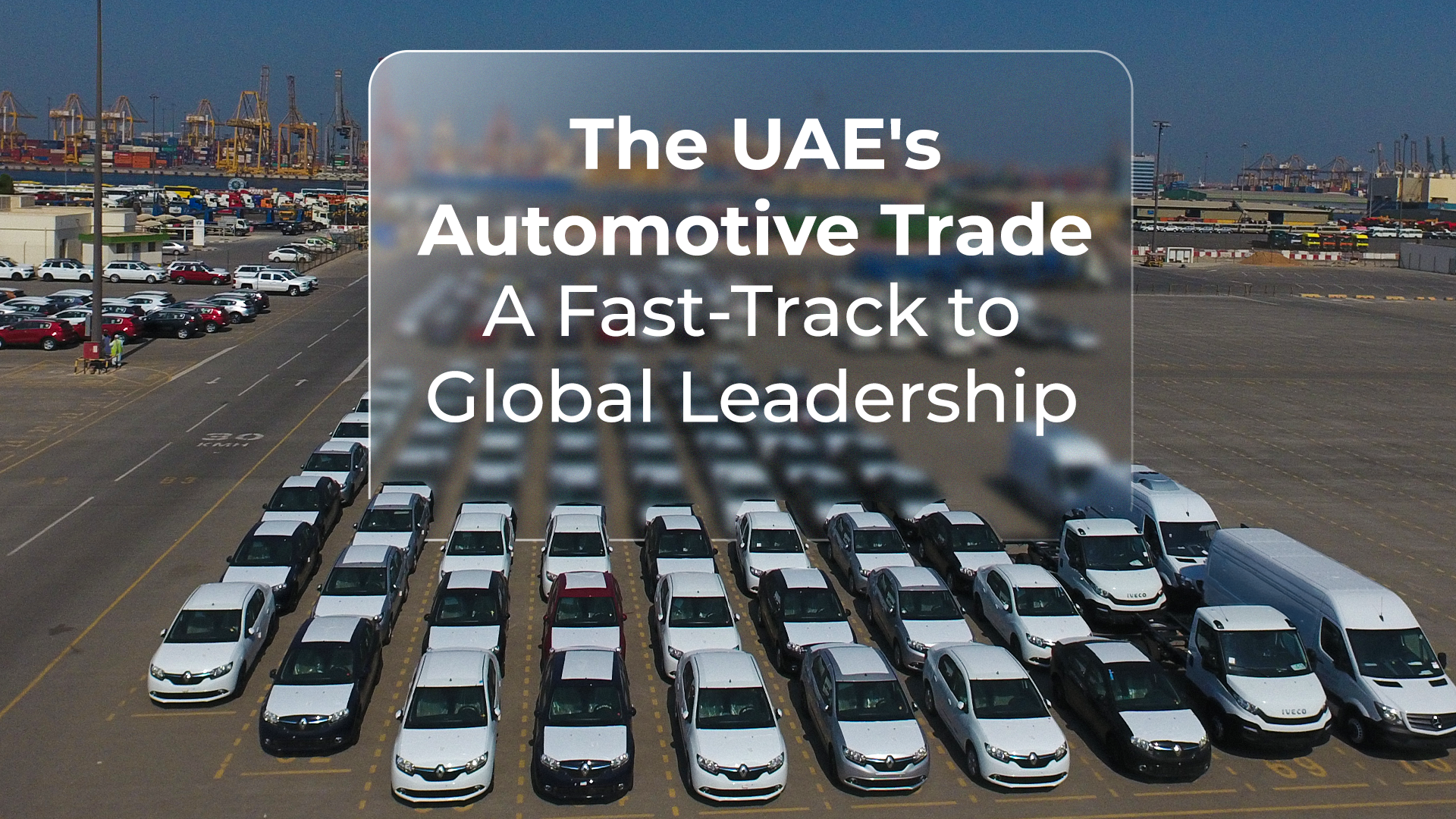
Dubai isn’t just moving vehicles — it’s moving the global automotive industry forward. The trade numbers speak for themselves; backed by world-class infrastructure and unmatched connectivity, the country is accelerating its position as a powerhouse in the automotive trade.
But what’s driving this momentum?
🔧 What’s Steering the UAE’s Automotive Growth?
Several high-impact trends are reshaping the UAE’s automotive sector, making it one of the most dynamic automotive hubs in the world:
- Rising Demand: Fuelled by a young, growing population, a steady influx of expatriates, and rising disposable incomes.
- Rise of Chinese Brands Chinese carmakers are expanding their presence rapidly, offering affordability paired with cutting-edge tech — a combination resonating with consumers in the region.
- Accelerated EV Adoption: Boosted by government incentives, expanding charging infrastructure, and increasing environmental awareness among consumers.
- Surge in Used Car Sales: Cost-conscious consumers are shifting toward high-quality pre-owned vehicles. Global supply chain delays for new models have boosted demand for used cars. Extended warranties and certified programs are increasing buyer confidence.
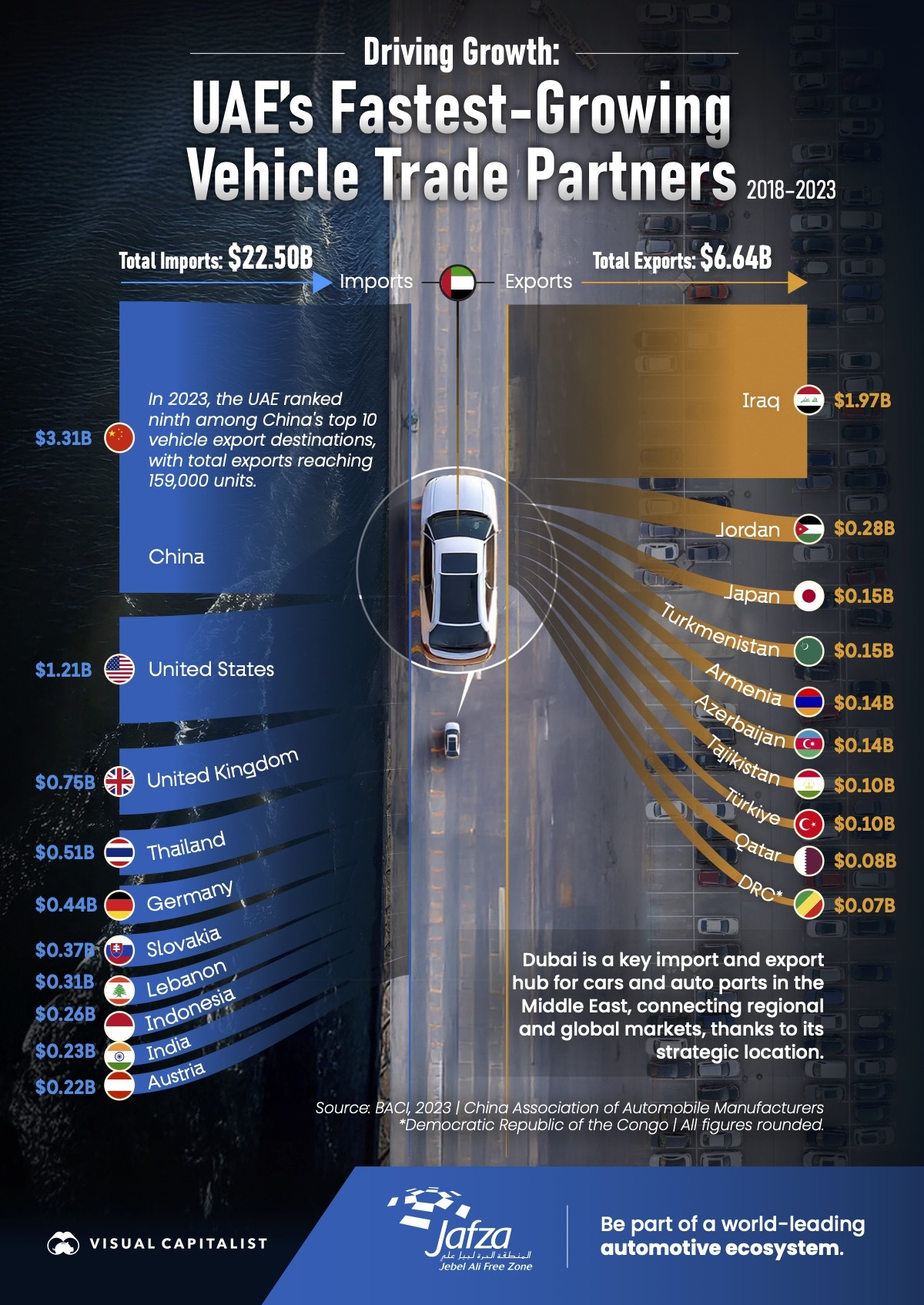
UAE’s Trade Flows: By the Numbers
- The UAE’s vehicle imports have reached a total of $22.5 billion, while exports stand at $6.64 billion in 2023.
- The UAE also ranked 9th among China’s top 10 vehicle export destinations, receiving 159,000 units.
- On the export front, Iraq emerged as the UAE’s largest vehicle export market, totalling $1.9 billion, followed by Jordan ($0.3B) and Japan ($0.15B).
- Dubai is a key hub
- Handles ~75% of new and used vehicle imports and exports. The Chinese automotive imports to Dubai in 2024 have surpassed 2X the full-year imports in 2023.
China’s Dominance Meets Global Disruption
While China accounts for over 32% of global vehicle sales in Q4 2024 and ~58% of the world’s EV production in 2023, other countries are quickly entering the race:
- EV sales in India surge 42% to 1.6 million units in FY2024, thanks to subsidies and expanding model options.
- In 2023, electric vehicle (EV) sales in Thailand surged fourfold year-on-year, capturing a 10% market share. The country introduced subsidies for battery production and reduced import tariffs, paving the way for greater market penetration by Chinese automakers.
- In Vietnam, EVs continued to grow, reaching a 15% market share. Meanwhile, in Malaysia, EV registrations more than tripled, driven by tax incentives and import duty exemptions.
China’s strategy of producing more affordable EVs is proving to be a winning formula across Asia — the world’s fastest-growing region. As the automotive landscape rapidly evolves across these dynamic economies, one thing is clear: the global map of mobility is being redrawn, and the UAE stands at a pivotal crossroads of this transformation.
🚗 Powering the Automotive Ecosystem: Jafza and Beyond
At the core of Dubai’s automotive success story lies Jebel Ali — A key driver of automotive trade in the region
- In 2024, Jebel Ali Port handled 958,000 Ro-Ro (Roll-on/Roll-off) units, highlighting its scale and efficiency.
- Jebel Ali Free Zone (Jafza) is home to over 930 automotive and spare parts companies, giving access to major global brands.
- From manufacturing and assembly to distribution and re-export, this integrated ecosystem supports every stage of the automotive value chain.
- This thriving ecosystem goes beyond the region, connecting businesses across continents, and enabling efficient supply chain flows for vehicles, spare parts, and automotive services.
🔮 What’s Next for 2025 and Beyond?
As we move into 2025, the global automotive sector stands on the edge of significant transformation. We can expect:
- Wider integration of autonomous driving technologies
- A deeper commitment to sustainability and circular economy models
- Stronger trade ties with emerging markets across Asia, Africa, and beyond
With Dubai at the forefront — powered by strategic partnerships, advanced infrastructure, and a future-ready mindset — the road ahead is filled with opportunity.
Dubai isn’t just riding the wave of change — it’s helping shape the future of global mobility.



